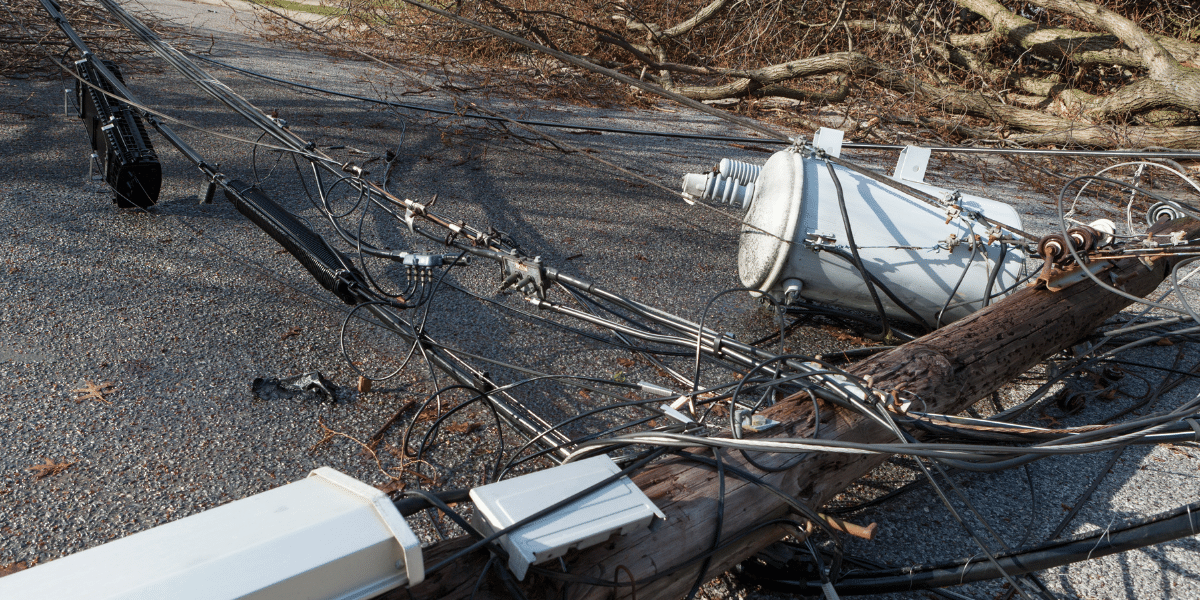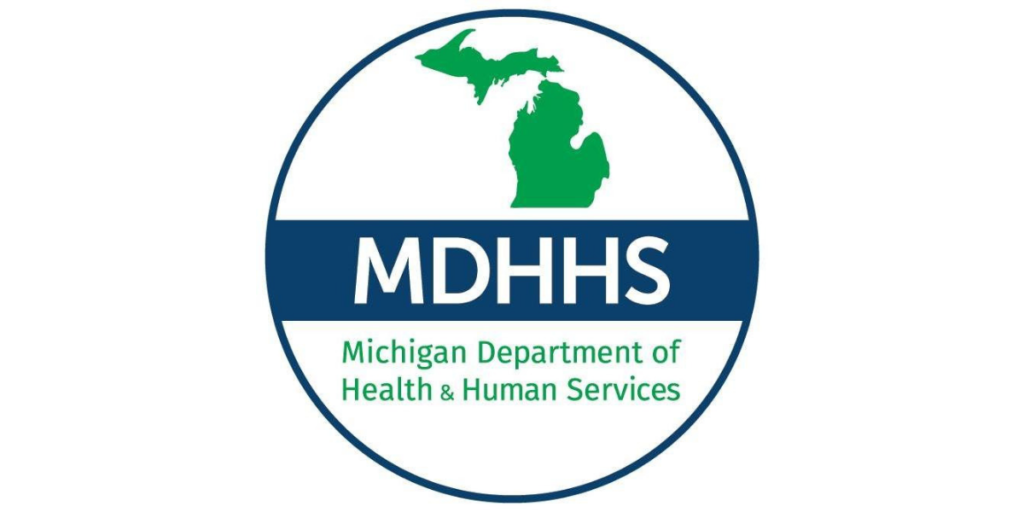The Michigan Department of Health and Human Services (MDHHS) has announced a human case of Influenza A (H1N2)v in the state. MDHHS and the Michigan Department of Agriculture and Rural Development are urging fairgoers to take precautions to prevent infection at upcoming fairs where swine may be exhibited.
The case was confirmed by the Centers for Disease Control and Prevention (CDC) on Sept. 9, in a Berrien County fairgoer who had contact with swine at the Berrien County Youth Fair
The following are steps Michiganders can take to protect themselves and prevent the spread of any illness:
- Anyone who is at high risk of serious flu complications and is planning to attend a fair should avoid pigs and swine barns.
- Refrain from eating or drinking in livestock barns or show rings.
- Do not take toys, pacifiers, cups, baby bottles, strollers or similar items into pig areas.
- Avoid touching your eyes, nose and mouth. Germs spread this way.
- Avoid contact with pigs if you have flu-like symptoms. This includes being in a swine barn if you are ill as influenza can be spread via respiratory droplets.
- If you are sick, stay home from work or school until your illness is over.
- Avoid close contact with sick people.
- Cover your nose and mouth with a tissue when you cough or sneeze. Throw the tissue in the trash after you use it and wash your hands.
- Wash your hands often with soap and water. If soap and water are not available, use an alcohol-based hand sanitizer.
Swine influenza is a respiratory disease in pigs caused by type A influenza viruses that regularly circulate among swine. Swine influenza viruses do not usually infect humans, but human infections have been reported.
Symptoms of swine influenza in people are similar to the seasonal flu and can include fever, cough, runny nose, and sometimes body aches, nausea, vomiting or diarrhea. On rare occasions, swine influenza in humans can lead to severe diseases, such as pneumonia or death.
This is the first case of Influenza A(H1N2)v confirmed in Michigan this year. Five cases of human infection with influenza variant viruses that usually spread only in pigs were reported to CDC in August 2022. To date, no person-to-person spread associated with the five recent variant influenza virus infections has been identified.
Reporting for WGRT – George James






